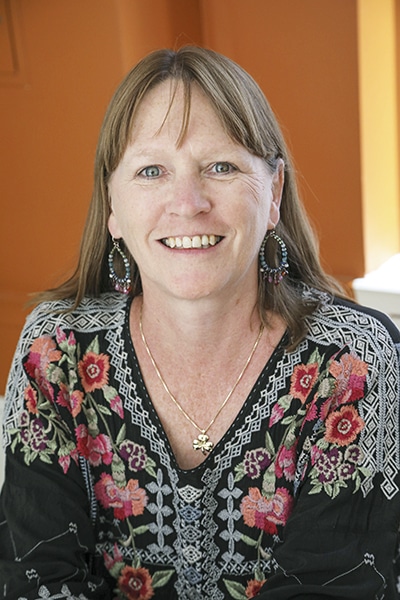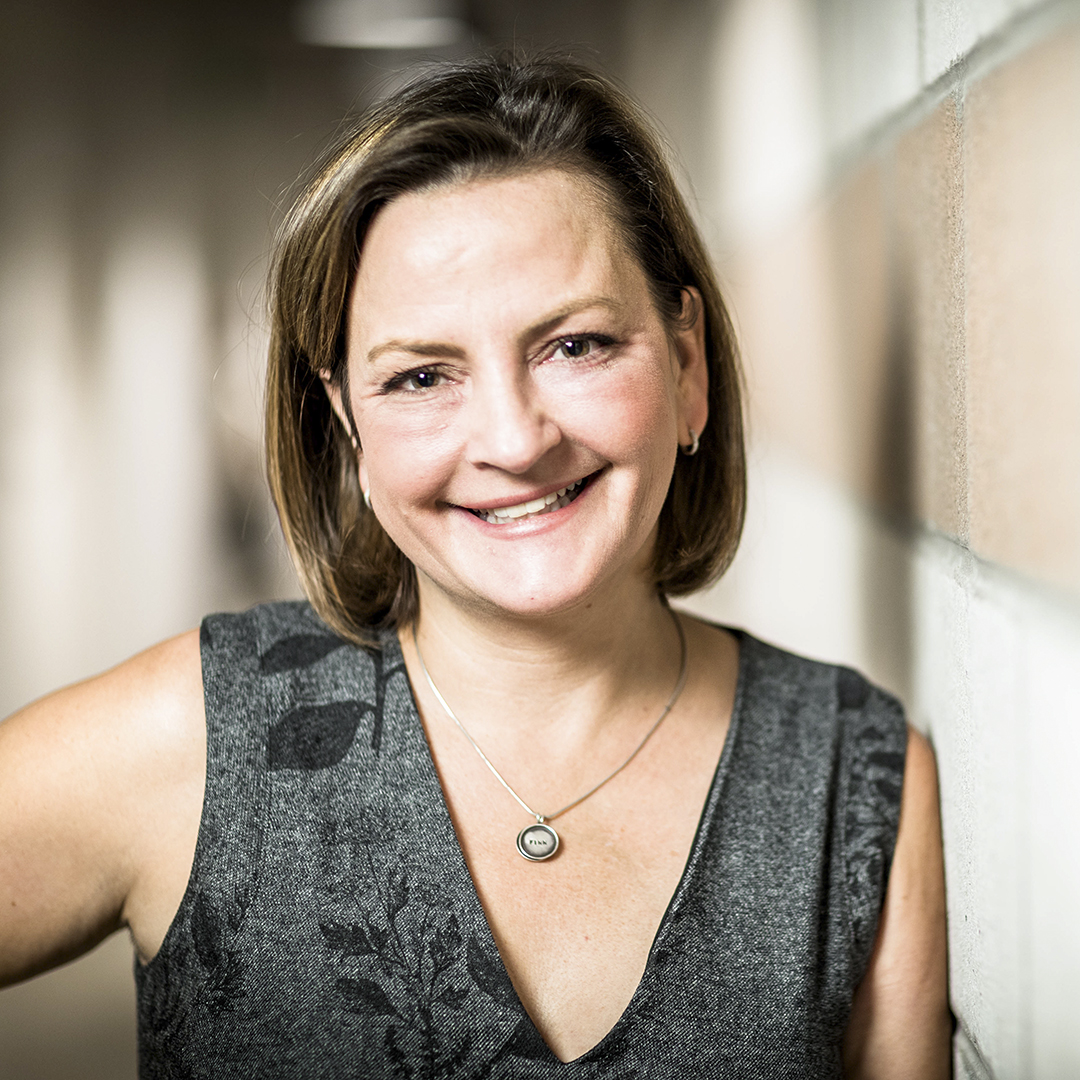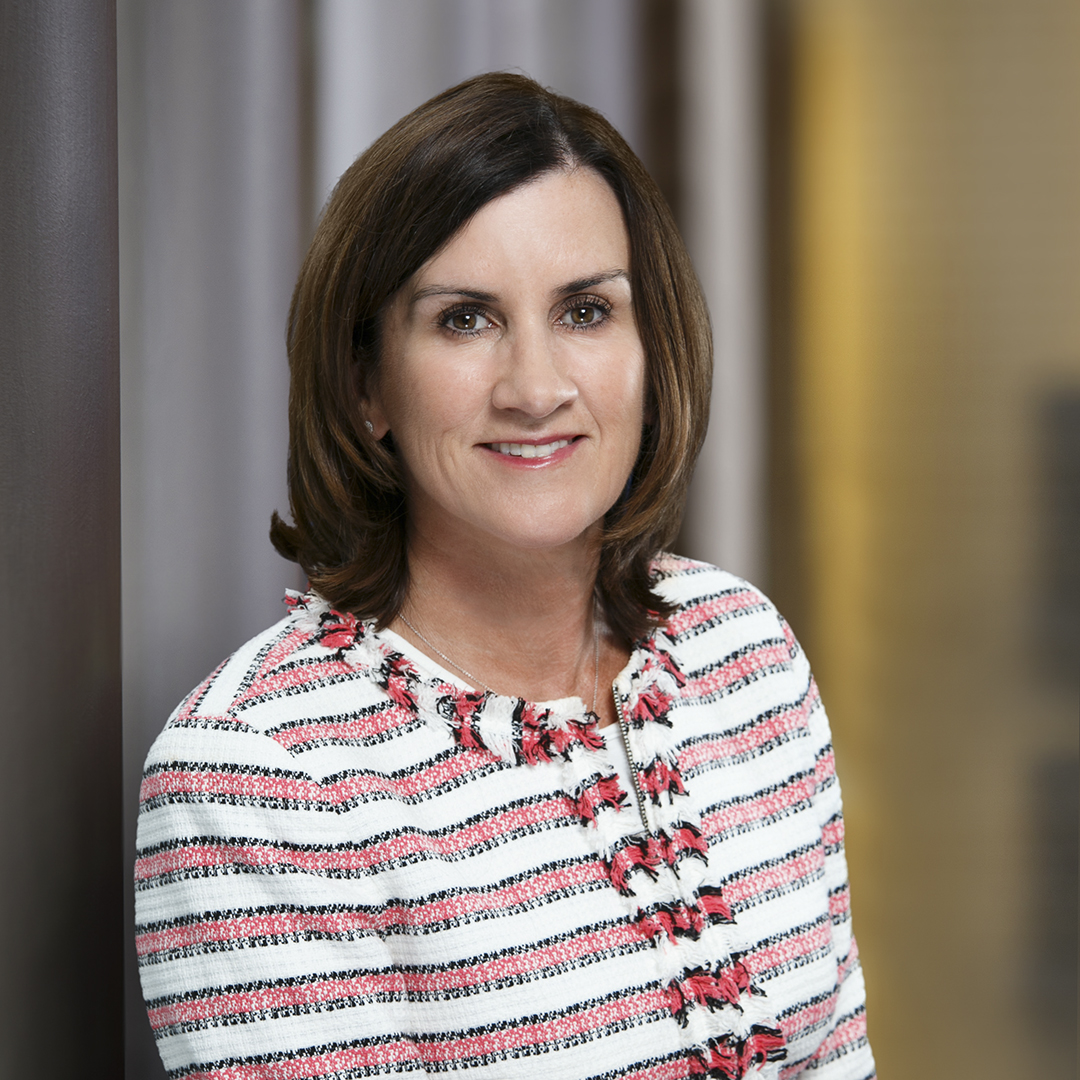Growing up in the West Village of New York City, Amy West was set on becoming a Broadway dancer. “I had a real affinity for the arts in general, so I trained as a dancer. Of course, like many dancers in New York, I also worked in the food and beverage industry,” Amy remembers, laughing. “The best thing about waiting tables was that I met my husband while doing it, and we’ve been married for thirty-three years.”
Eventually, West realized that dancing and auditioning wasn’t the path she wanted to go down. And after making the difficult decision to step away from her dreams of dancing, West decided to switch up her career direction.

While working at the New York Public Library, West discovered she had an aptitude for organization and mathematics. “They were giving me a lot of accounting work, and one day I thought, ‘Why don’t I find a way to marry accounting with my interest in culture and the arts?’” West explains.
So she returned to school, and after graduation was quickly recruited to Ernst & Young. While at Ernst & Young, West specialized in healthcare and not-for-profit. “Not only was it a great experience, but it solidified my desire to work in the nonprofit sector,” she says. West went on to work with UNICEF USA and the Guggenheim before landing at AHRC NYC, where she is currently executive vice president and chief financial officer.
AHRC NYC is a nonprofit organization that focuses on supporting people with intellectual and developmental disabilities (IDD). AHRC NYC created the first schools, day treatments, workshops, programs, and community residences for this population, and continues to provide services to improve the lives of more than fifteen thousand individuals in the city’s five boroughs per year. To be able to do all of the incredible work that AHRC NYC does within the community, the organization needs to be backed by dedicated professionals and be in good financial health.
“My team plays an important role in our organization’s ability to carry out its mission, and there are really two main objectives that we are working on: maintaining good financial health and focusing on the use of data,” West says. “Within the not-for-profit space, the funding is so volatile, and AHRC NYC is very dependent on state funding. One of the things that I want to emphasize is building our organization’s operating reserve or ‘rainy day fund.’”
She believes that placing a focus on this fund is crucial to the organization’s financial health in the event of economic downturns or when the organization wants to take advantage of opportunities that might arise. “We are now at a point where funders, regulators, and stakeholders are requiring us to demonstrate our mission effectiveness. With the work that AHRC NYC does, it is difficult to gauge how you are improving the life of people with intellectual and developmental disabilities. In order for us to stay relevant, we need to become a data-driven, decision-making organization,” West says.
With this focus on data, AHRC NYC is looking to implement an electronic health record (EHR) that serves as a repository for all information and demographics regarding people supported and the communities the organization operates in.
“Data is essential to us as an organization to show us what we are doing right and what we can do better to help the people we support.”
Kristy Agliardi, area vice president at Arthur J. Gallagher & Co. and partner of AHRC NYC, believes this data-driven approach is key to helping the company advance. “Amy is passionate about the importance of data and analysis to ensure effective decision-making,” she says. “Constant organizational assessment coupled with a cohesive strategic plan are critical given current funding volatility. Amy views a comprehensive benefit program as a strategic investment in the workforce of today to support the future mission of AHRC NYC.”
Another important initiative that West and AHRC NYC are undertaking in 2020 is a rebranding initiative. “We struggle with this because a lot of people don’t know who we are. Branding is directly connected to building our workforce as well. If people don’t know who we are, chances are, we aren’t going to attract the type of talent that we need,” West explains.
AHRC NYC is looking to rebuild their total rewards package, incorporate professional development, and bolster diversity and inclusion. “We want to become the go-to organization for employees, and we want to offer the things that will help get us there,” says West.
To West, all of these inner workings circle back to help the IDD communities that AHRC NYC serves. “Financial health will allow us to support the organization in a more strategic way and to take advantage of opportunities that will make us a more agile organization. The EHR will allow us to enhance the programs and services that we provide to the people we support. Data is essential to us as an organization to show us what we are doing right and what we can do better to help who we serve. Rebranding will help us fund-raise and enhance our ability to diversify revenue streams and attract talent. And finally, having top-notch talent will provide better support to the people in our programs,” West explains.
Though some of these initiatives are quite new, West is excited for the future of AHRC NYC. “We are only in phase one of a lot of things, but they all are going to help facilitate change,” she says. By October of 2020, West hopes that the AHRC NYC will be able to see the end product of initiatives like the rebranding of the organization.
“We have such talented and smart people here now, but with this rebrand, we want to ensure that we can continue to attract more talented people so that we can continue to serve the IDD community in the ways that we do,” she says.

